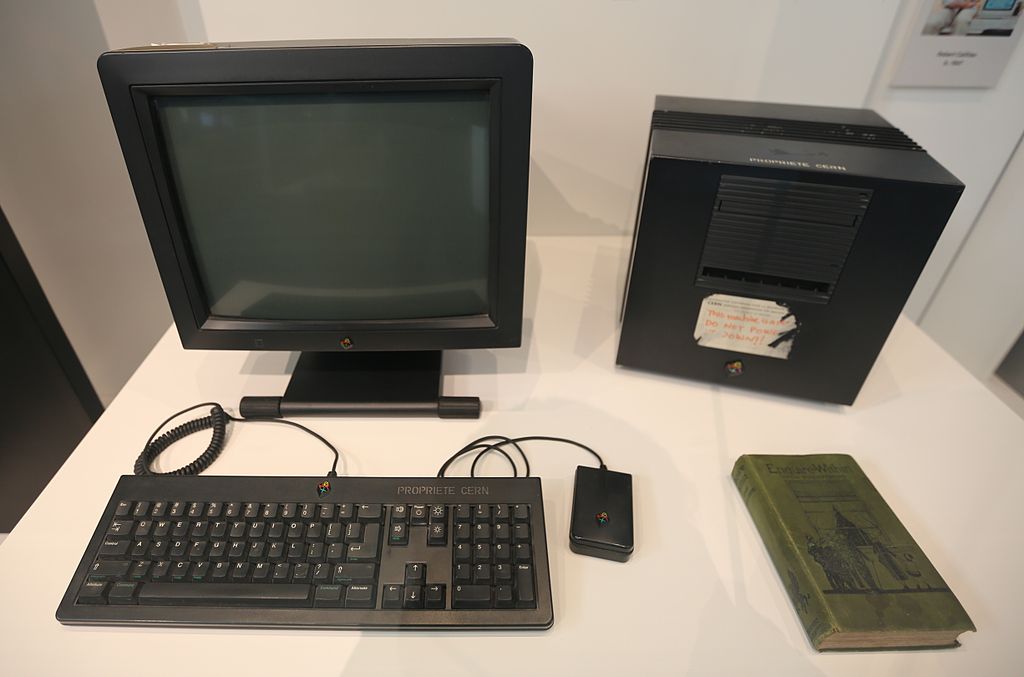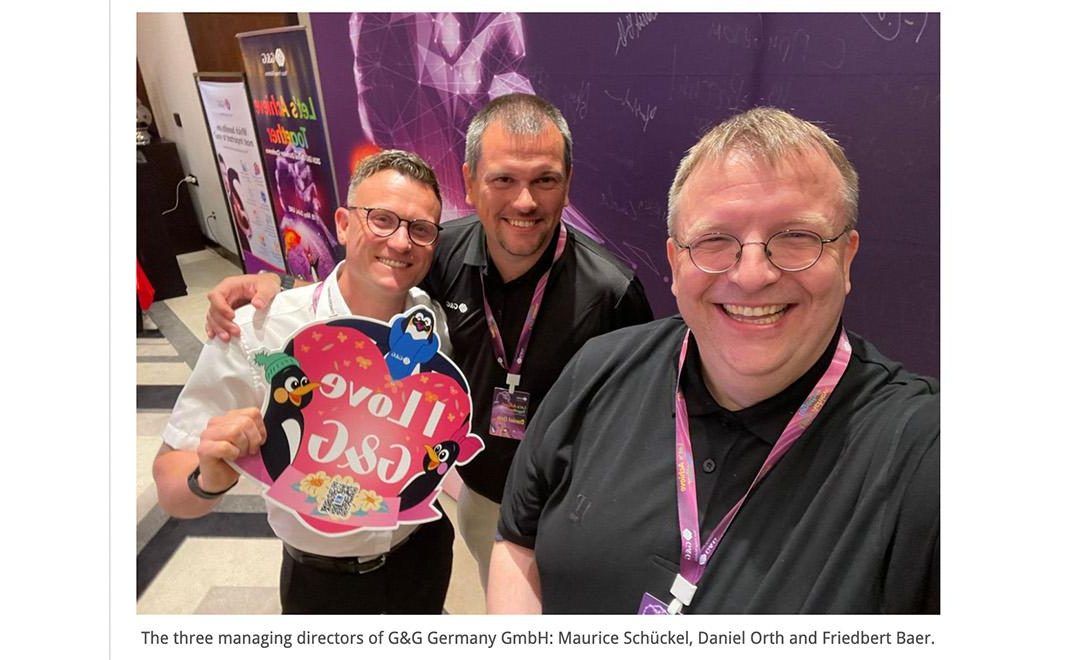
Sir Tim Berners-Lee’s computer in 1989.
Yesterday saw the 30th anniversary of the World Wide Web commemorated with a lavish celebration at 10 Downing Street.
The World Wide Web was created by British inventor Sir Tim Berners-Lee on March 12, 1989, based on his vision of the sharing of information, for free, across the globe; it became the basis of the modern internet, and is commonly viewed as one of the most influential and important British inventions in history, with the significance of its contribution even being highlighted during the Opening Ceremony of the London Olympic Games in 2012.

Sir Tim Berners-Lee
Berners-Lee was celebrated at a Downing Street reception, where he was joined by the British Government’s Digital Secretary, Jeremy Wright MP, co-founding director of the World Wide Web Foundation Rosemary Leith, and representatives from companies such as Google, Wikipedia and Monzo, businesses which have also been “at the forefront of changing the way people consume information and purchase online today,” according to Downing Street.
From entrepreneurs and innovators to bigger organisations, the digital technology sector is currently one of the UK’s fastest-growing industries, worth £116.5 billion ($153.2 billion/€135.6 billion) to the economy, boosting productivity and employing more than 2.1 million people.
“It was great to meet Sir Tim Berners-Lee today and mark 30 years since his invention of the World Wide Web,” declared Wright, who commented that the invention “remains one of the finest examples of British technological ingenuity.”
“We are at a pivotal moment in the history of the internet and I am determined to make sure it can be a force for good while supporting the next generation of tech innovators,” he added.









